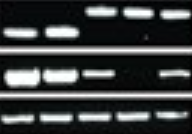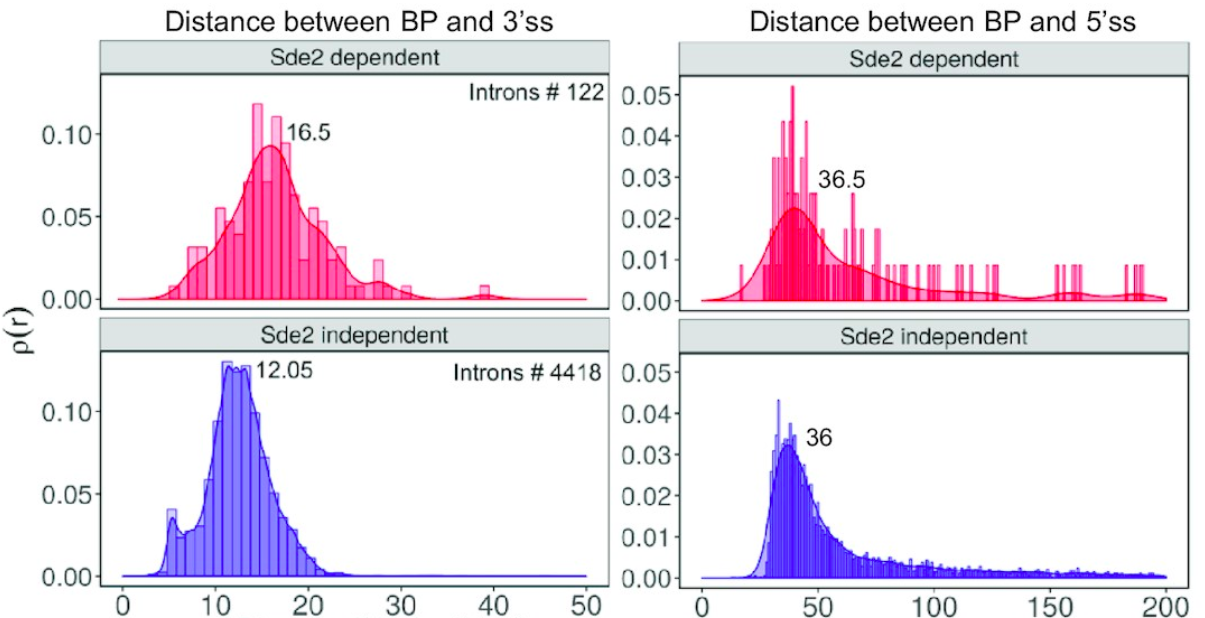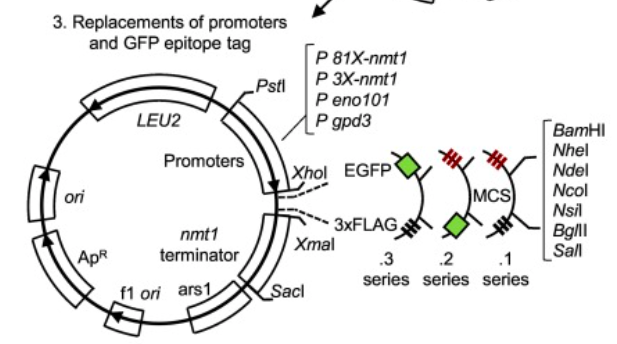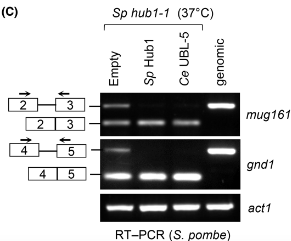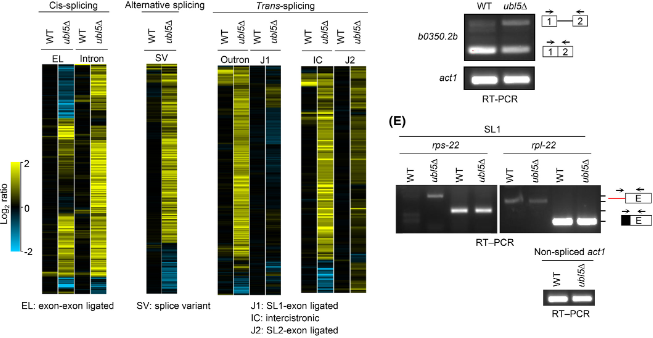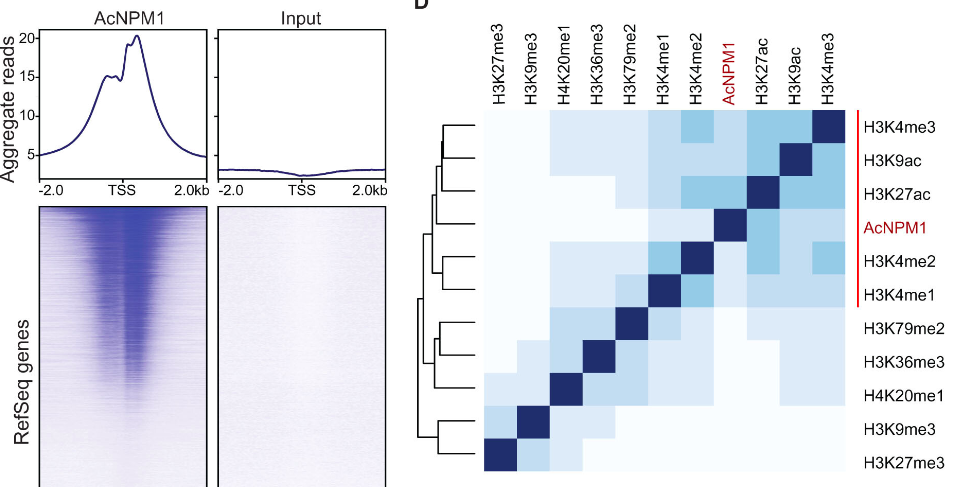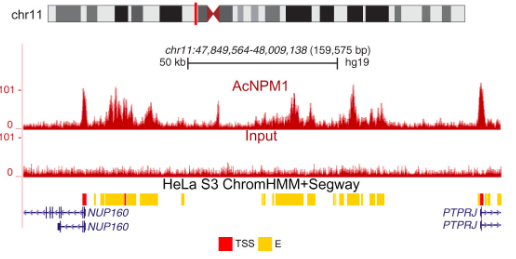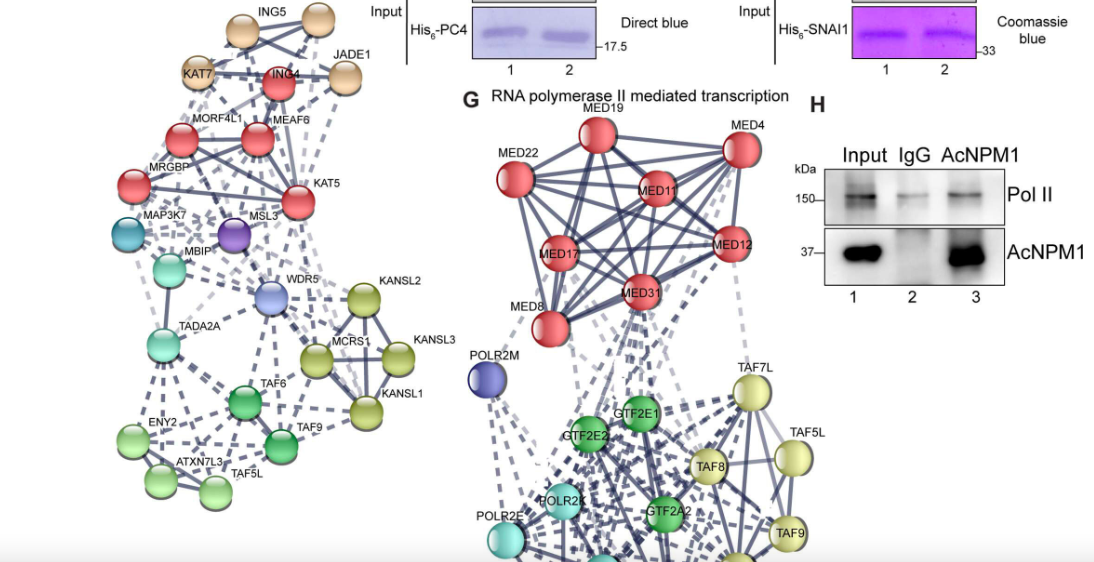Diabetes and metabolic disorders significantly advance vascular complications such as cardiovascular disease, diabetic wound healing and retinopathy. Emerging evidence suggest that epigenetic factors and key long non-coding RNAs (lncRNAs) triggered by changing lifestyles and environment are new players in these pathologies. However, the epigenetic mechanisms involved and the role of lncRNAs in diabetes and its complications are still not well understood. The Diabetic Vascular Complications lab, led by Dr. Sadhan Das, at IISER-Mohali investigates the role of epigenetic regulators (enhancers/super-enhancers and lncRNAs) in vascular smooth muscle cell and macrophage function, that are critical cell types associated with major diabetic vascular complications.
Dr. Shravan Mishra's group studies function and regulation of proteins related to ubiquitin in pre-mRNA splicing using yeasts S. cerevisiae and S. pombe. They have recently discovered that intron-specific pre-mRNA splicing is promoted by a ubiquitin-fold containing Sde2 in S. pombe. In this process, excision of selected introns requires activation of Sde2 through cleavage by deubiquitinating enzyme (DUB) paralogs, Ubp5 and Ubp15. The dual activity of these DUBs for ubiquitin and the ubiquitin-fold of Sde2, despite their amino acid sequences being less than 20% similar, suggests that the two processes—processing of the archetypal ubiquitin for conjugation to proteins and cleavage of a distant ubiquitin fold for activation of an intron-specific pre-mRNA splicing regulator—might be connected in the cell. Importance of this phenomenon is exemplified by the fact that defects in intron-specific pre-mRNA splicing result in abnormalities in heterochromatin silencing and genomic stability.

